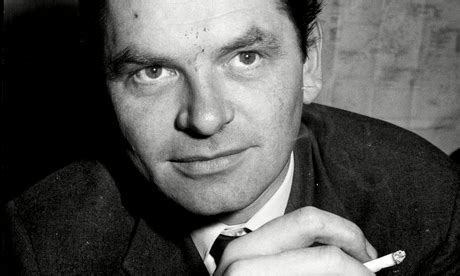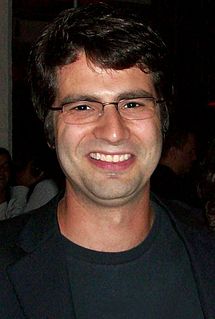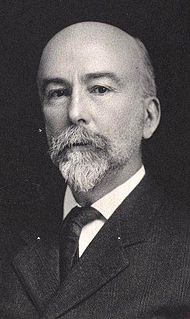A Quote by Ludwig Wittgenstein
If there were a verb meaning "to believe falsely," it would not have any significant first person, present indicative.
Related Quotes
Man can only be certain about the present moment. But is that quite true either? Can he really know the present? Is he in a position to make any judgment about it? Certainly not. For how can a person with no knowledge of the future understand the meaning of the present? If we do not know what future the present is leading us toward, how can we say whether this present is good or bad, whether it deserves our concurrence, or our suspicion, or our hatred?
The foundation of humility is truth. The humble man sees himself as he is. If his depreciation of himself were untrue,... it wouldnot be praiseworthy, and would be a form of hypocrisy, which is one of the evils of Pride. The man who is falsely humble, we know from our own experience, is one who is falsely proud.
If democracy were to be given any meaning, if it were to go beyond the limits of capitalism and nationalism, this would not come, if history were any guide, from the top. It would come through citizen's movements, educating, organizing, agitating, striking, boycotting, demonstrating, threatening those in power with disruption of the stability they needed.
The meaning of geography is as much a sealed book to the person of ordinary intelligence and education as the meaning of a great cathedral would be to a backwoodsman, and yet no cathedral can be more suggestive of past history in its many architectural forms than is the land about us, with its innumerable and marvellously significant geographic forms. It makes one grieve to think of opportunity for mental enjoyment that is last because of the failure of education in this respect.
All sentences of the type 'deconstruction is X' or 'deconstruction is not X', a priori miss the point, which is to say that they are at least false. As you know, one of the principal things at stake in what is called in my texts 'deconstruction', is precisely the delimiting of ontology and above all of the third-person present indicative: S is P.









































